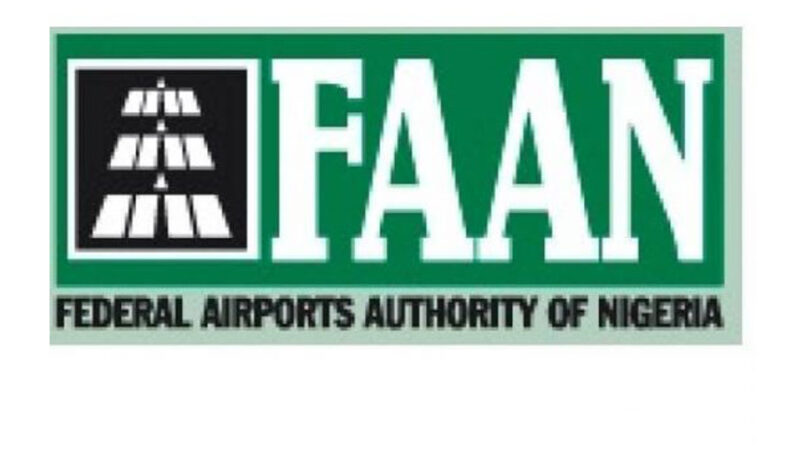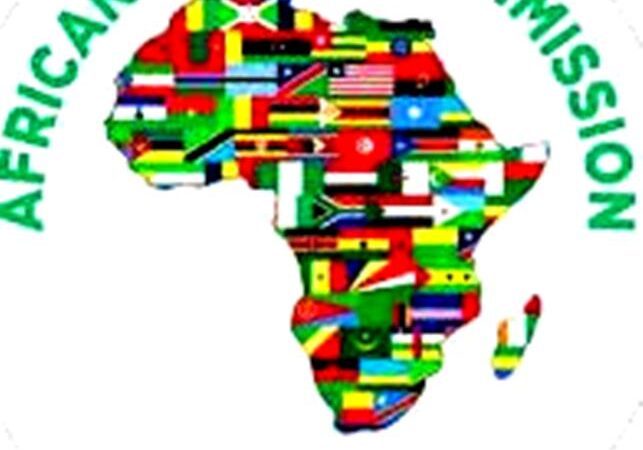NSIB Addresses Airport Safety Concerns, Wigwe Crash Findings, Expanded Transport Mandate

The Nigerian Safety Investigation Bureau (NSIB) has responded to recent concerns regarding the safety of Nigerian airports, clarified its role in the investigation of the helicopter crash involving the late Herbert Wigwe, and provided updates on its expanded mandate covering all modes of transport.
In response to a statement from the U.S. State Department, suggesting Nigerian airports are generally unsafe, the Director General of the NSIB, Capt. Alex Bade Jr., stated during an interview on Arise TV that “While there is always room for improvement, the NSIB does not concur with the assessment that Nigerian airports are generally unsafe. It’s crucial to consider the context and metrics used in such evaluations.”
Capt. Bade Jr. acknowledged that challenges such as perimeter fencing and instances of wildlife intrusion exist at some airports. However, he emphasized that these are not unique to Nigeria and occur at airports globally, including in the United States.
“It’s unfair to generalize that our airports are totally unsafe. We recognize the need for continuous improvement, and we commend the efforts of the Federal Airports Authority of Nigeria (FAAN) in implementing upgrades,” said Capt. Bade Jr.
Regarding the recent incident in Asaba, where an aircraft was reported to have encountered animals on the runway, the Director General clarified, “The aircraft was fine and continued its journey to Abuja without any damage. The incident was reported to the Nigerian Civil Aviation Authority (NCAA). Since there was no significant issue, it was not reported to the NSIB. However, we plan to reach out to the private entity managing the airport to discuss best practices.” He further stated that such occurrences involving animals on runways are rare in Nigeria.
On the investigation into the accident involving the late Herbert Wigwe, Capt. Bade Jr. corrected the assertion that the NSIB worked “side-by-side” with the U.S. National Transportation Safety Board (NTSB). “We were an interested party, and were kept abreast of the process by the NTSB, who led the investigation in the U.S,” he clarified.
The NTSB report indicated that the probable cause of the accident was spatial disorientation. Capt. Bade Jr. noted that the report also highlighted deficiencies in the company’s oversight and safety management processes.
“It appears there were systemic issues, and the flight risk assessment should have indicated a higher risk. While it’s easy to blame the pilot, there is a system behind the pilot that should have mitigated these risks,” he added.
Capt. Bade Jr. also provided an update on the NSIB’s expanded mandate. “In line with our establishment act of 2022, we are now the sole accident investigation agency in Nigeria, covering air, rail, road, and maritime. We are developing the necessary frameworks, including maritime investigation regulations, training manuals, investigation procedure policies, and manuals. The maritime and rail frameworks are complete, and we are engaging stakeholders for their buy-in,” he said.
The NSIB is committed to promoting transport safety and conducting objective, comprehensive, and accurate investigations into transport accidents and incidents in Nigeria.






